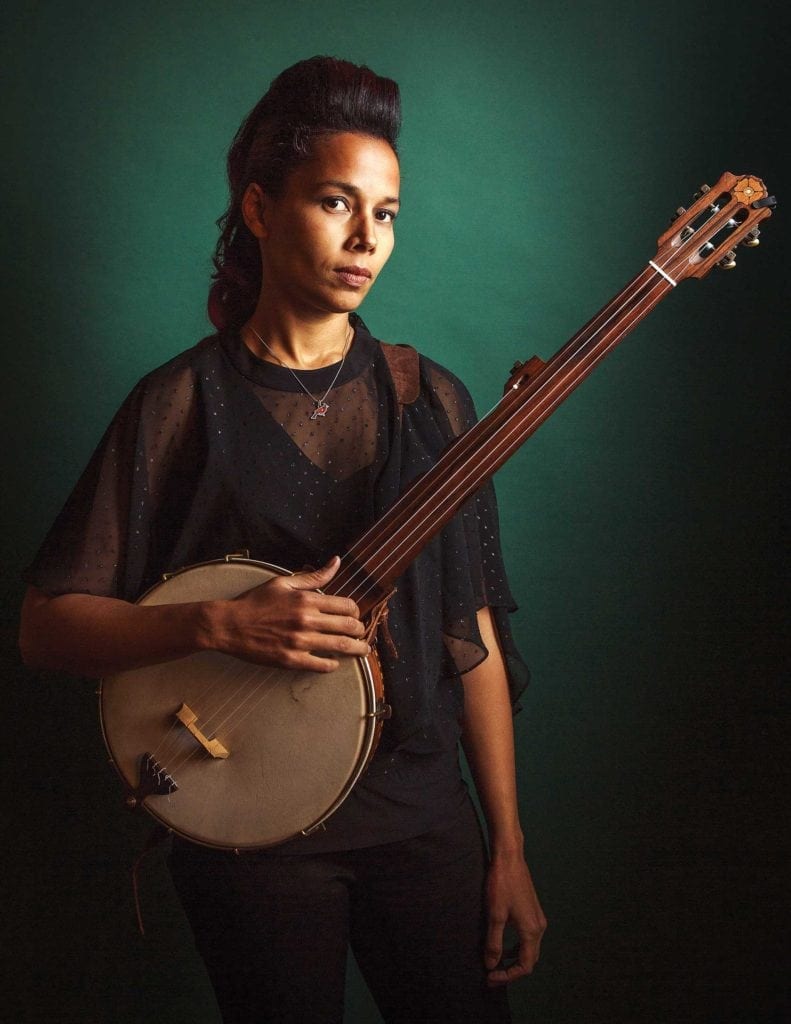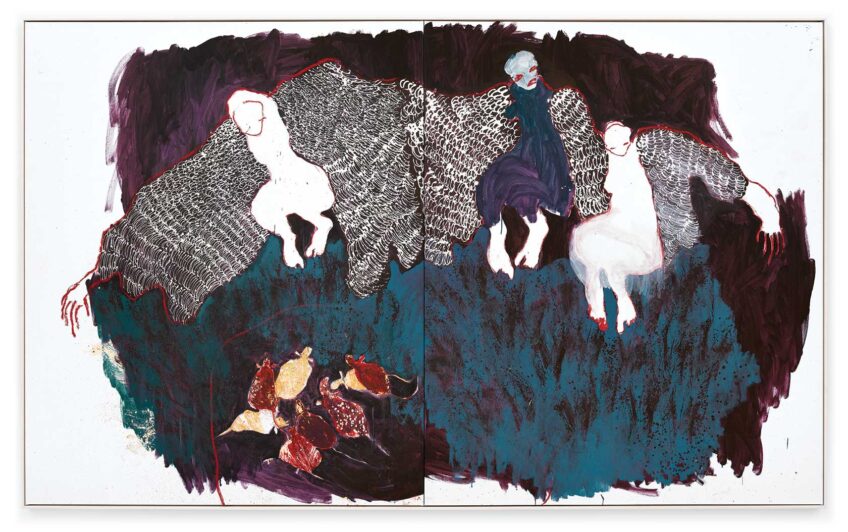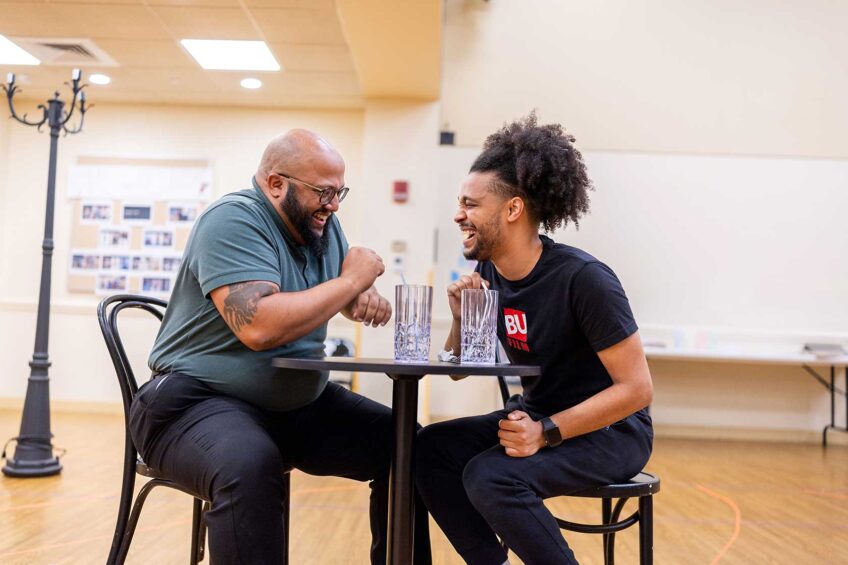
Friday night, June 15, the Lowell Summer Music Series hosts singer, songwriter and roots musician Rhiannon Giddens in the city’s historic outdoor venue, Boarding House Park.
The setting suits the history-minded musician, whose classically trained vocals and banjo-playing prowess propel music originally bred in the rural region that is her home, the Piedmont mountains of North Carolina.
Describing herself as “a singer, instrumentalist, songwriter, musical historian and activist,” Giddens, 40, makes music that both mines and advances the African American string band tradition. Her performances and recordings can cast a contemplative spell or move listeners to their feet with infectious, danceable rhythms.
Her repertoire is an ardently researched but freshly reinvented gumbo drawn from Southern black musical traditions of the 1920s and ’30s, including the music of string and jug bands with their bones, washboards and quills, an African pan-pipe with an Irish pennywhistle sound, fife and drum ensembles and early jazz combos; and reaches even further into African American history with slave shouts and flatfoot dancing.
Giddens aspires not only to entertain but also to elevate, articulate and strengthen the sense of community that animates these roots and folk music traditions. Her music encompasses the past and present, including slavery and police brutality as well as life, love, hope and faith — the African American story.
“Art can challenge, transform and inspire,” says Giddens in a YouTube video. She seeks to revive the role of the musician as “story teller, conscience keeper, telling the story of a people.”
A virtuoso banjo player, Giddens revives and revitalizes African American instrumental and vocal traditions of the rural South, which have mingled with and influenced multiple veins of American music, such as Appalachian and Irish folk dance and music.
Giddens has been a star performer at widely diverse venues, from the Celtic Colours International Festival in Nova Scotia’s Cape Breton Island to the New Orleans Jazz and Heritage Festival and the Grand Ole Opry, as well as Carnegie Hall, Lincoln Center, the White House, and in television appearances on “The Late Show” and “Austin City Limits.” Her duet with country music superstar Eric Church on his anti-racism song “Kill a Word” was a top-ten country radio hit. Giddens has also made her acting debut, playing a social worker in the TV drama “Nashville.”
Speaking of her musical instrument, the banjo, in the YouTube video, Giddens points out that it was once “an emblem of African American music” but then came to be associated with the music of white mountain men. “Few even remember that black people played the banjo,” she says.
In the same video, Giddens recalls that she left her home in the Piedmont to attend the Oberlin Conservatory of Music with the desire to become an opera star. But the musical traditions of the Piedmont drew her back. After graduating from Oberlin in 2000, Giddens returned to North Carolina and immersed herself in archival recordings and found a mentor in African American fiddler Joe Thompson (1918-2012).
In 2010, she and fellow musician Dom Flemons founded a string band, the Carolina Chocolate Drops. Culling and freshly interpreting music from the Piedmont, their debut album, “Genuine Negro Jig,” won a Best Traditional Folk Album Grammy.
Seven years later, in 2017, Giddens released her second solo album, the critically acclaimed and Grammy-nominated “Freedom Highway.” Recorded in a Louisiana studio with wooden rooms built before the Civil War, the album takes its name from the Staples Singers anthem that is one of its songs. Its selections span antebellum New Orleans, spirituals, the blues, Cajun dance music and a bit of hip-hop — a rap about police violence written by her nephew.
Last year, Giddens also became the recipient of a MacArthur Fellowship, known as “the Genius Grant,” which comes with a stipend of $625,000 over five years. The grant will enable the artist to resume intense focus on researching and creating music — endeavors not possible while on the road.






